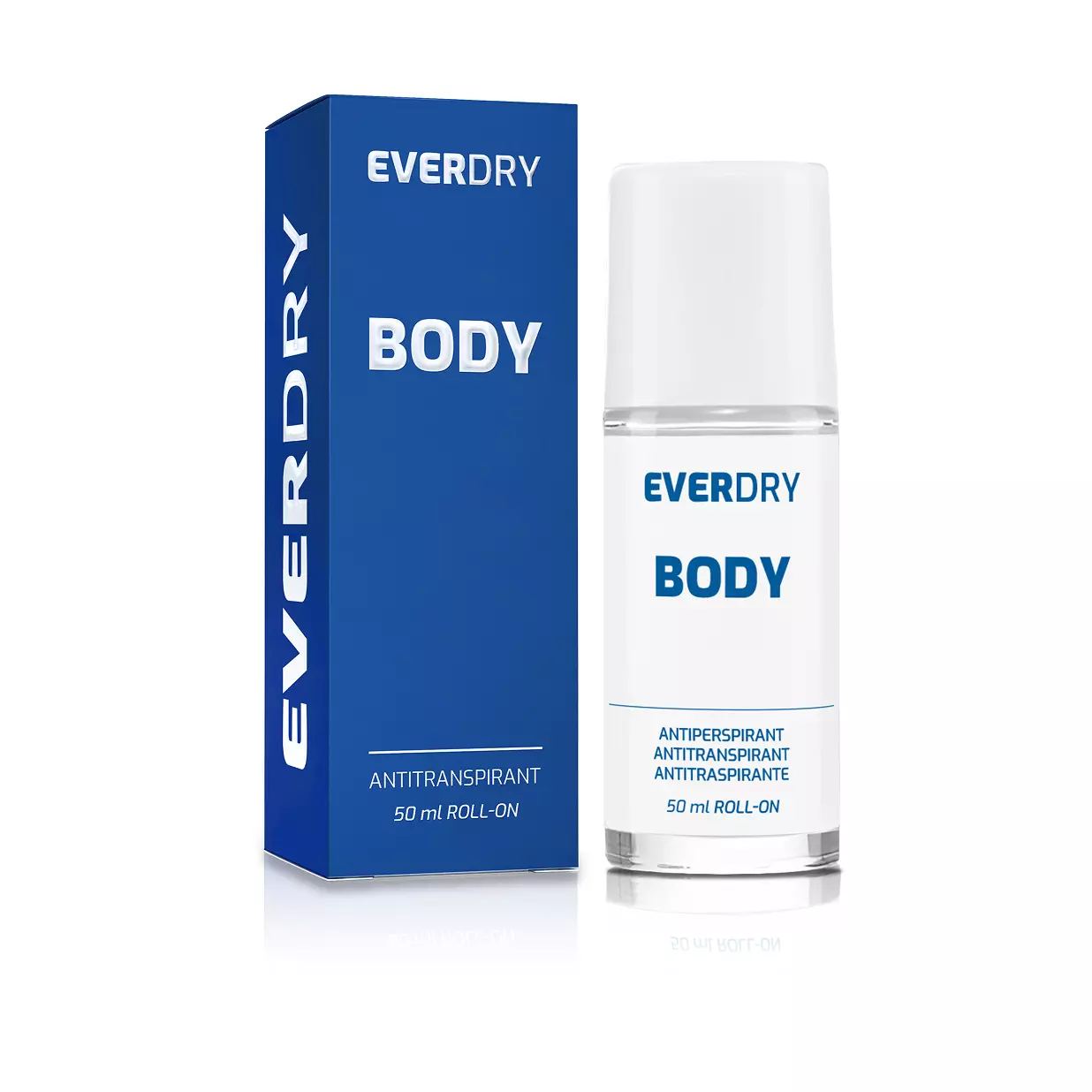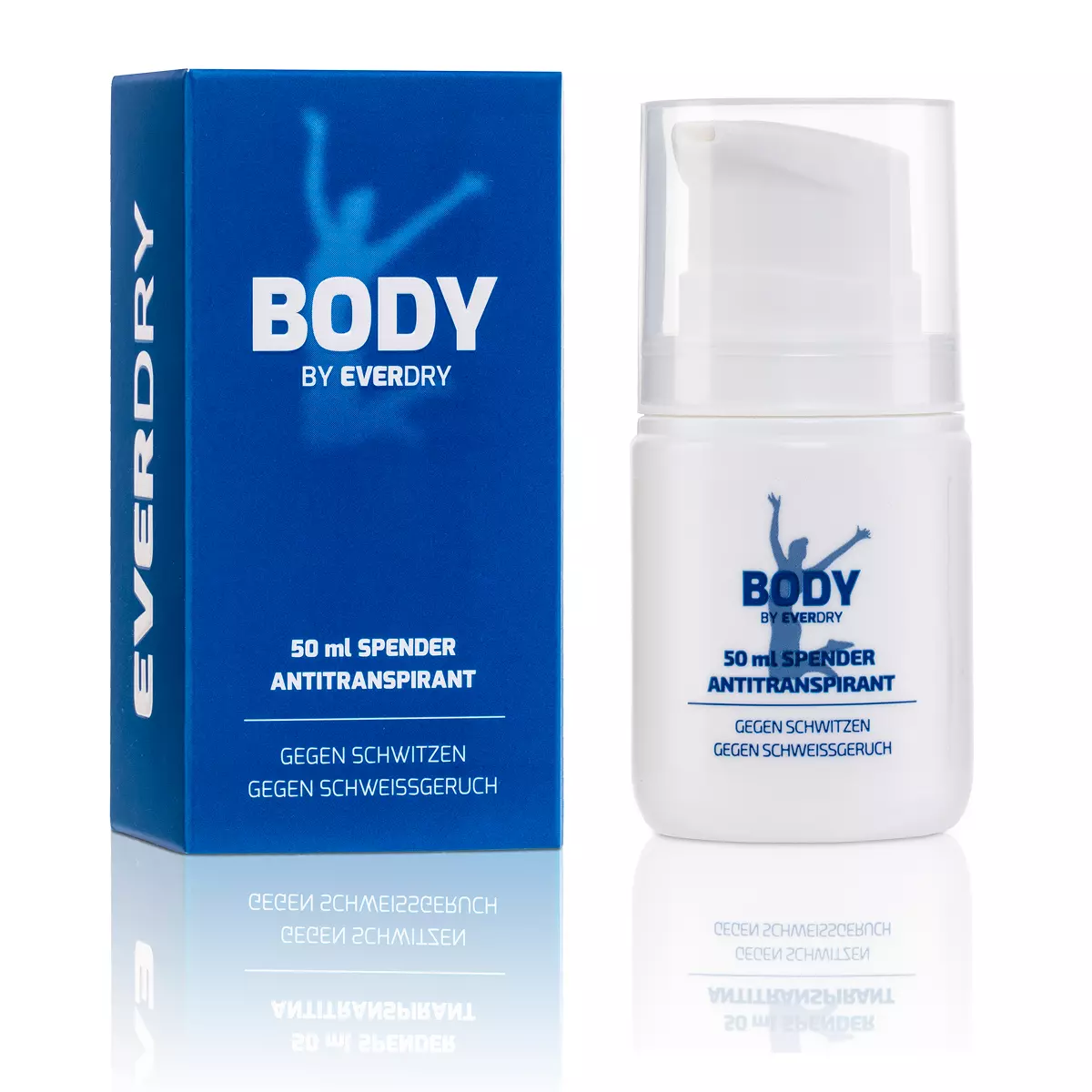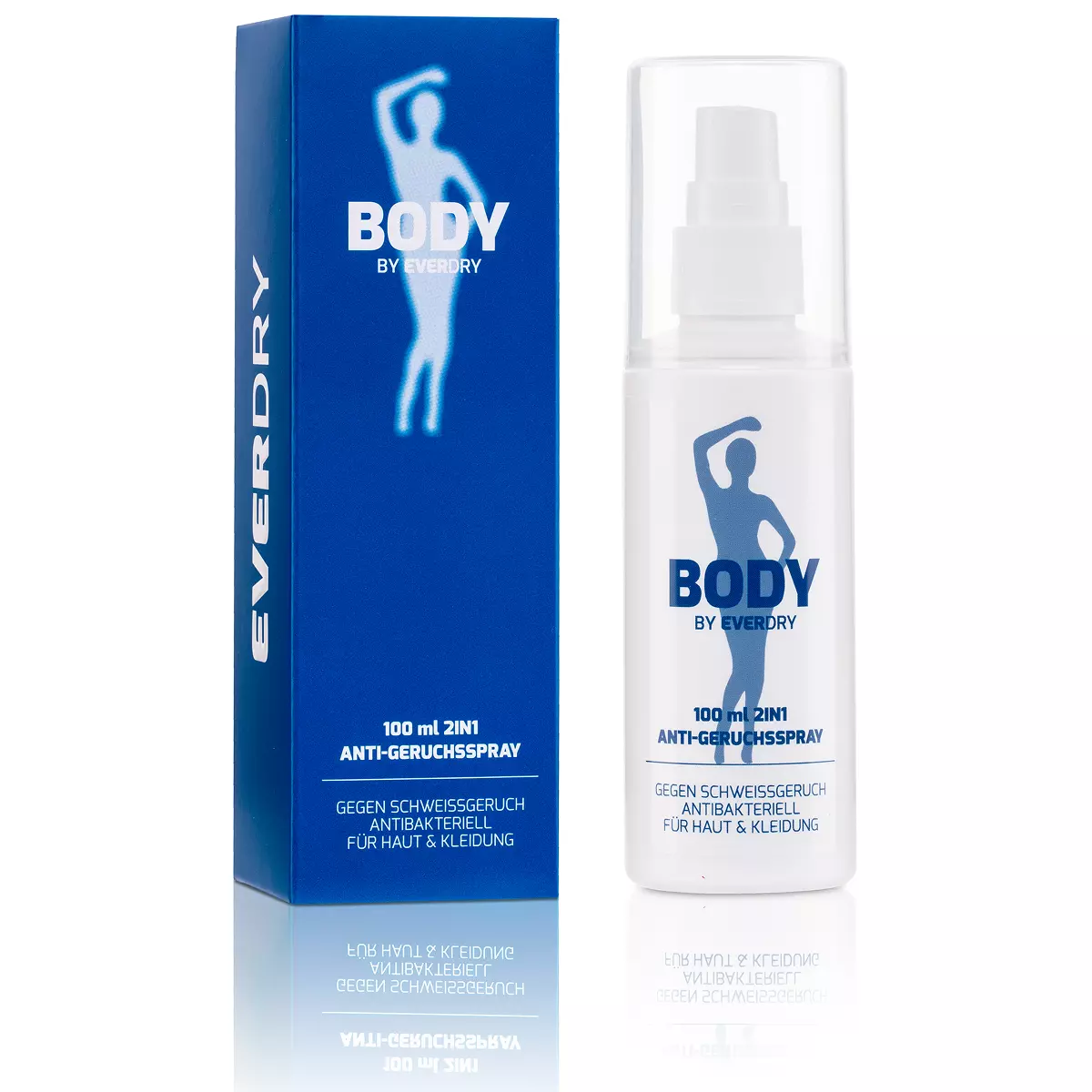- Antiperspirants
- Shirts, Socks, Pads
- Iontophoresis
- Anti-odour
- All Products
-
Guide
- Interesting facts about sweating
- Tips and tricks
-
The most common sweating triggers
- Sweating during exercise
- Carnival time without sweat
- Celebrate your wedding without sweat
- Sweating due to excess weight
- Sweat-free Easter
- Sweating in everyday life
- Sweating at work
- Sweating during menopause
- Sweating at night
- Sweating during pregnancy
- Sweating and odor in old age
- Sweating and stress
- Sweating while driving
- Sweating helps with fasting
- Sweating in spring
- Sweating in winter
- Off on holiday without sweating
- Sweating from head to toe
- PETA Certified
In a nutshell: Key takeaways
The daily sweat-fest
Sweating's a natural bodily function that helps us keep our temperature just right. It gets going because of things like exercise, the heat, stress, certain grub, and hormonal changes. The autonomic nervous system, especially the sympathetic bit, controls how much we sweat through nerve messengers like acetylcholine. How much someone sweats varies a fair bit from person to person and can be affected by all sorts, such as stress, what you're eating, and hormonal wobbles.
Struggling with Excessive Sweating in Everyday Life?
Everyone needs to or should sweat: when they're doing sports, out in the summer heat, have a temperature, or are simply dressed too warmly. Those beads of sweat on your forehead and back, the trickles in your armpits – they're often vital, as they help the body regulate temperature differences, drawing heat from the inside out.
When you exert yourself physically, you use more energy, which heats up your system. When we eat, we burn the necessary energy providers like carbohydrates and fats. Spicy foods and overly rich meals with lots of alcohol give your metabolism and thus heat production an extra boost.
Lots of people also get clammy hands before a date, or leave damp patches on their shirt when putting their shopping on the conveyor belt, even if the room is cool. Strong emotions like anger, fear, sadness, joy, positive excitement, but also distressing feelings like pain can often make you sweat. And last but not least, a growling dog or an unfamiliar noise on the walk home at night can be enough to break out in a cold sweat of fear. In stressful, threatening situations, the body releases more stress hormones, and the nerves that control sweat production become overactive.
Sweat Triggers: Sympathetic Nerves and Hormones
When and to what extent the sweat glands become active is regulated by the autonomic nervous system. With its sympathetic and parasympathetic parts, it's responsible for mostly involuntary bodily functions such as digestion, circulation, breathing, metabolism, heat and energy balance, and certain sexual functions. The fibres of the sympathetic nervous system are responsible for sweating. They give the glands the command to produce sweat via the nerve messenger acetylcholine. The ultimate control centre for thermoregulation is located in a specific area of the brain, the hypothalamus. From there, the autonomic nerve activities and thus the interplay of hormones are coordinated. A number of hormones are crucial when it comes to metabolism, temperature regulation and sweat production.
So, sweating is fundamentally a healthy and vital bodily function. However, there are individual differences. In some people, the salty fluid flows more quickly, while others take a long time to break a sweat. Similarly, a person's tendency to sweat often changes during certain phases of life. Stress, psychological state, hormonal changes, body weight, diet, daily habits – numerous factors influence how quickly and heavily someone sweats.
First published: 12.05.2011
Updated: 27.05.2025

Content: 0.05 Liter (€398.00 / 1 Liter)

Content: 0.05 Liter (€398.00 / 1 Liter)



